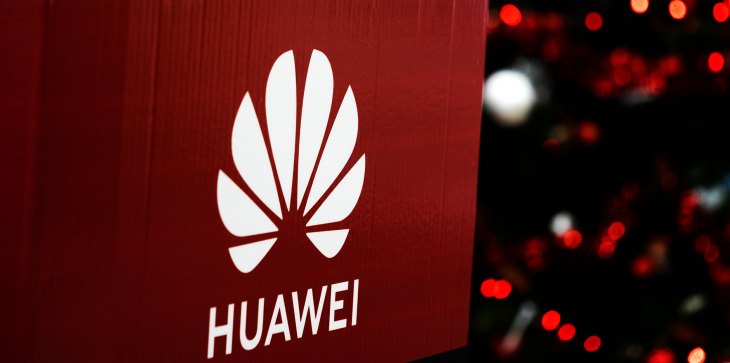
The European Union is putting under the microscope the rollout of new, high-speed mobile networking technologies known as 5G in a move that could affect the technology’s dominant company — Huawei.
Regulators focused on specific security threats linked to technology providers headquartered in countries with “no democratic and legal restrictions in place,” according to a report in The Wall Street Journal.
The news follows the release of a public report from the European Union that enumerated a number of challenges with 5G technology.
Heightened scrutiny of 5G implementation on European shores actually began back in March as member states wrestled with how to address American pressure to block Huawei from building out new telecommunications infrastructure on the continent.
The report from earlier in the week identified three security concerns that relate to the reliance on vendors linked to technology coming from individual suppliers — especially if that supplier represents a high degree of risk given its relationship to the government in its native country.
The new, private assessment reviewed by the WSJ is raising particular concerns about Huawei, according to the latest report.
“These vulnerabilities are not ones which can be remedied by making small technical changes, but are strategic and lasting in nature,” a source familiar with the discussions told the WSJ.
According to the WSJ report, concerns raised by the new EU analysis include: the insertion of concealed hardware, software or flaws into the 5G network; or the risk of uncontrolled software updates, backdoors or undocumented testing features left in the production version of the networking products.
U.S. security experts have long been concerned about Huawei’s dominance over the new telecommunications technology. Indeed, security officials and U.S. regulators have begun advocating for a combined public-private response to the threat Huawei poses (in concert with European allies).
As trade talks resume between the U.S. and China in an effort to end the ongoing trade war between the two countries, the hard-line stance that the U.S. government has taken on China’s telecommunications and networking technology powerhouse may be changing.
Yesterday The New York Times reported that the U.S. government would allow some companies to resume selling to Huawei, reversing course on a ban on technology sales that had been imposed over the summer.
Now, with a preliminary trade deal apparently in place, the fate of Huawei’s 5G ambitions remain up in the air. Both the U.S. and the European Union have significant concerns, but China is likely to bring up Huawei’s ability to sell into foreign markets as part of any agreement.



